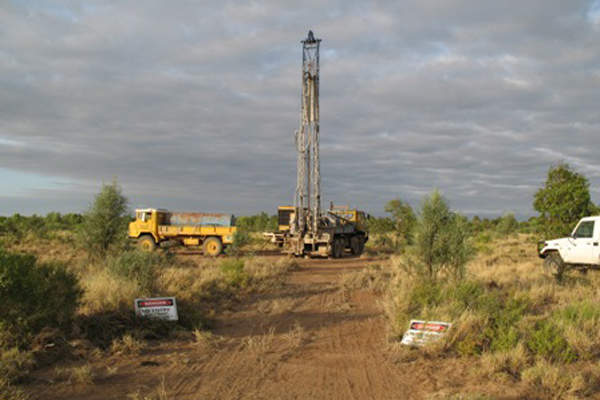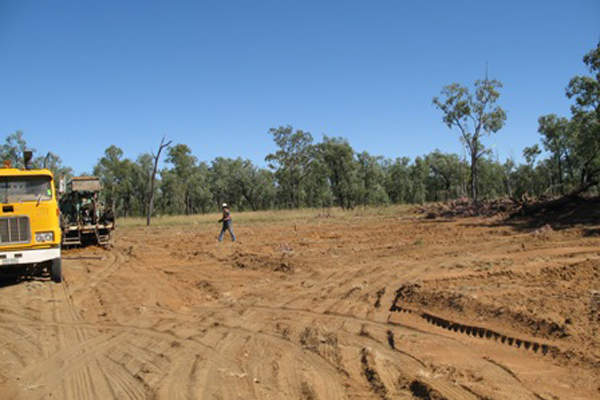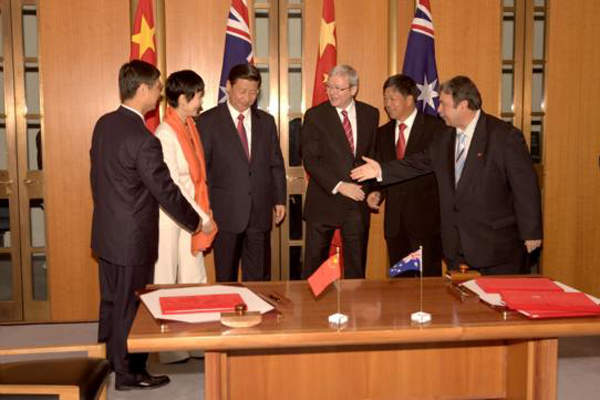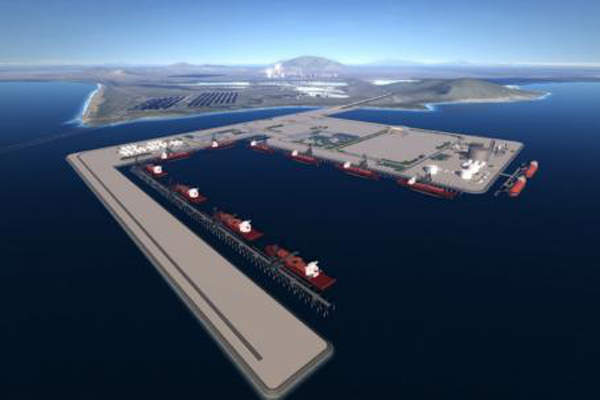
Waratah Coal’s Galilee Coal Project (Northern Export Facility), commonly referred to as the China First Coal Project, is located in the Galilee Basin, approximately 30km north of the rural town of Alpha in Central Queensland, Australia. It is being developed by a Resourcehouse subsidiary China First, which has been awarded the contractual rights to develop the project and mine 1.4 billion tonnes of coal from the area.
The licences held by Waratah Coal, a subsidiary of Mineralogy, within the Galilee Basin include the exploration permits for coal (EPC) 1040 and certain portions of EPC 1079. First production from the project is expected in 2017 through a ten million tonnes per annum (Mtpa) open-cut mine.
The production capacity is expected to rise to 56Mtpa worth of run-of-mine coal, which will be processed to produce 40Mtpa of product coal. The capacity will be further increased to 100Mtpa in later stages. China Power International Holdings will purchase 50% of the coal produced from the field for a period of 21 years.
The project is expected to generate approximately 5,800 jobs. The total investment for the project is estimated to be $6.4bn and the estimated mine life is between 25 to 30 years.
Geology and reserves
The surface geology of the mine is mainly comprised of loose Cainozoic sediments, and the coal beds are located within the Bandanna formation and Colinlea sandstone.
The project area is expected to hold 3.68 billion tonnes of mineral resources and 1.1 billion tonnes of ore reserves.
Details of the Galilee coal project
The project will include the development of two open-cut operations and four underground longwall mining operations, coal handling and processing facilities, a proposed port facility at Abbot Point and a 453km standard-gauge railway line that will connect it with the mine.
The design phase for the project commenced in April 2011, the state approval for the development of the mine and the rail infrastructure was granted in August 2013 and approval from the Commonwealth was granted in December 2013. The environmental impact statement (EIS) for the port section is being carried out separately.
Waratah Coal’s $6.4bn coal and rail project will create thousands of jobs but could also endanger birds in the Bimblebox Nature Refuge.
Up to 20Mtpa of coal will be mined from open-cut operations and 36Mtpa from underground operations. The coal will be washed to result in an overall product yield of 72% to produce approximately 40Mtpa of highly volatile, low-sulphur coal.
Each open-cut mine is expected to take approximately 18 months, each underground mine will take two years and the rail network will take three years for construction.
The new railway line will traverse the Barcaldine, Isaac and Whitsunday Regional Council administrative areas and will be designed to carry loads of 60Mtpa on a single track with six passing loops, while an option to upgrade the line to dual track with a capacity of 400Mtpa is also included.
The 3,200m long trains will have a net tonnage capacity of 21,240t, and travel at a speed of 80km/h at full load and 100km/h unloaded.
Technologies used
Surface mining will involve the removal of the upper overburden, using walking draglines and an additional removal system using large electric rope shovels and overburden conveyors. The removal of partings and recovery of coal will be facilitated by truck-shovel fleets.
Underground mining will be conducted implementing the longwall method, with 7km-long blocks and a 450m wide longwall face, while the extraction height will vary from 1.8m to 2.5m.
Infrastructure
Power required during the construction phase will be provided by a 275kV transmission line linked to Powerlink Queensland’s substation near Surbiton Hill. Water supply facilities will either include a connection to the proposed dam on the Tallarenha Creek or access to the proposed pipeline of Sunwater from the Connors River Dam.
Site accommodation facilities with packaged sewage treatment plants will be provided for 2,000 people. Other infrastructural facilities will include haulage roads, communications facilities, storage areas, borrow pits and quarries for construction of the rail.
Contractors involved
The engineering, procurement and construction management contractor for the mine and rail components of the project is MCC Overseas, a subsidiary of Metallurgical Corporation of China (MCC). MCC Overseas will be assisted by China Overseas Engineering Group, China Communications Construction Company (CCCC) and Sinocoal International Design and Research Institute.
The port facilities and associated infrastructure will be constructed by CCCC under an engineering, procurement and construction contract signed in 2010.
The supplementary EIS for the project was completed by Yeats, who also carried out the early engineering work for the mine area and completed a concept design for the new rail line. Unidel carried out the fauna and flora field survey, and the flora and fauna EIS technical reports.
Coal projects in the Galilee Basin
The Galilee basin covers an area of approximately 247,000km² and is expected to hold resources of 8.679 billion tonnes. The China First Coal Project is one of six coal mining proposals in the basin; the other five projects are the Alpha Coal Project, Kevin’s Corner Coal Project, South Galilee, Carmichael and China Stone projects.
The projects are estimated to involve a total investment of $28.4bn and are expected to generate 15,000 construction jobs and over 13,000 operational jobs.








